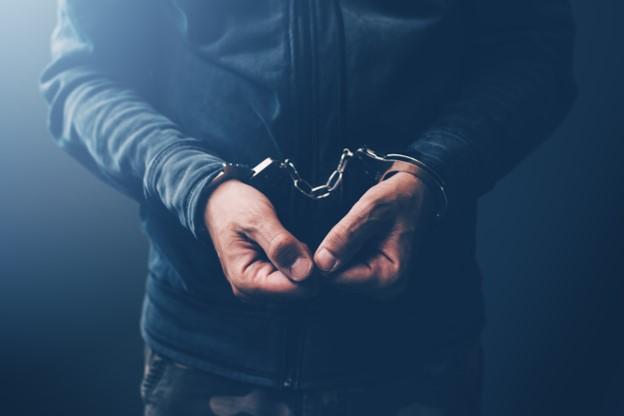9 Absolute Must-Do's After Being Arrested

If you are arrested for a crime, regardless of whether it is a misdemeanor or felony, there are some things you must do to protect your rights and improve your chance of having a favorable outcome. Following are 9 absolute must-do's after being arrested.
1. Exercise your right to remain silent
Whenever you are accused of a crime and arrested, you have the right to remain silent. Many convictions are the result of an accused person's statements being used against them. Because the United States Constitution guarantees you this right, you should exercise it and not give into coercive police tactics or interrogation techniques. Make it clear to law enforcement that you are exercising this right.
2. Do not physically resist the arrest
If the police place you under arrest, then do not physically resist or obstruct their efforts. Even if you feel the arrest is not justified, there can be consequences and potential charges if you resist. After you are arrested, cooperate with jail personnel and rules. Not only will this help you avoid new charges, but it could help result in leniency in your case.
3. Plead not guilty
After you are arrested, you will be provided with an opportunity to enter a plea. It is important that you plead not guilty, even if you feel like you are guilty of the charge. By pleading not guilty, you preserve the ability to investigate the case and identify potential defenses.
4. Comply with any release requirements
In some cases, you may be permitted to post bail or be released on your own recognizance. Sometimes there may be conditions associated with the release, such as monitoring and testing. Be sure to comply with any conditions, otherwise your release could be revoked.
5. Attend all court hearings
When court hearings are scheduled, make arrangements with your schedule to be present. Be on time and courteous when you are in court. Failure to attend court hearings or be on time could result in an arrest warrant.
6. Identify any witnesses to your defense
If there are persons who have information that is relevant to your case, then identify them and obtain their contact information. These persons could be crucial to your case and if they cannot be found, then it could create issues.
7. Learn about your case and the charges
All persons have the right to receive and review the evidence that the prosecution intends to use. Be sure to request this and review it carefully. This will help in identifying potential defenses and issues with the case.
8. Review the law
Familiarize yourself with the law underlying the charge you are facing. Be mindful of the legal elements and possible defenses. By educating yourself about the crime, you will be better prepared to respond to questions that may arise in court. You will also be better informed about the possible outcomes.
9. Contact an attorney
Perhaps the most important thing you should do is to contact an attorney as soon as possible. Attorneys at jaxcriminaldefenseattorney.com will help you understand and protect your rights. They will represent you throughout the case and help you raise any relevant defenses. By working with an attorney, you will receive legal advice that is specific to you and your situation. You will have someone with knowledge and experience to advocate for you in court. They will negotiate on your behalf and strive to achieve the best outcome possible under the circumstances.
If you or a loved one have been arrested. Then be sure to do these things. Most importantly, do not delay contacting a criminal defense attorney.
More to Read:
Previous Posts:







